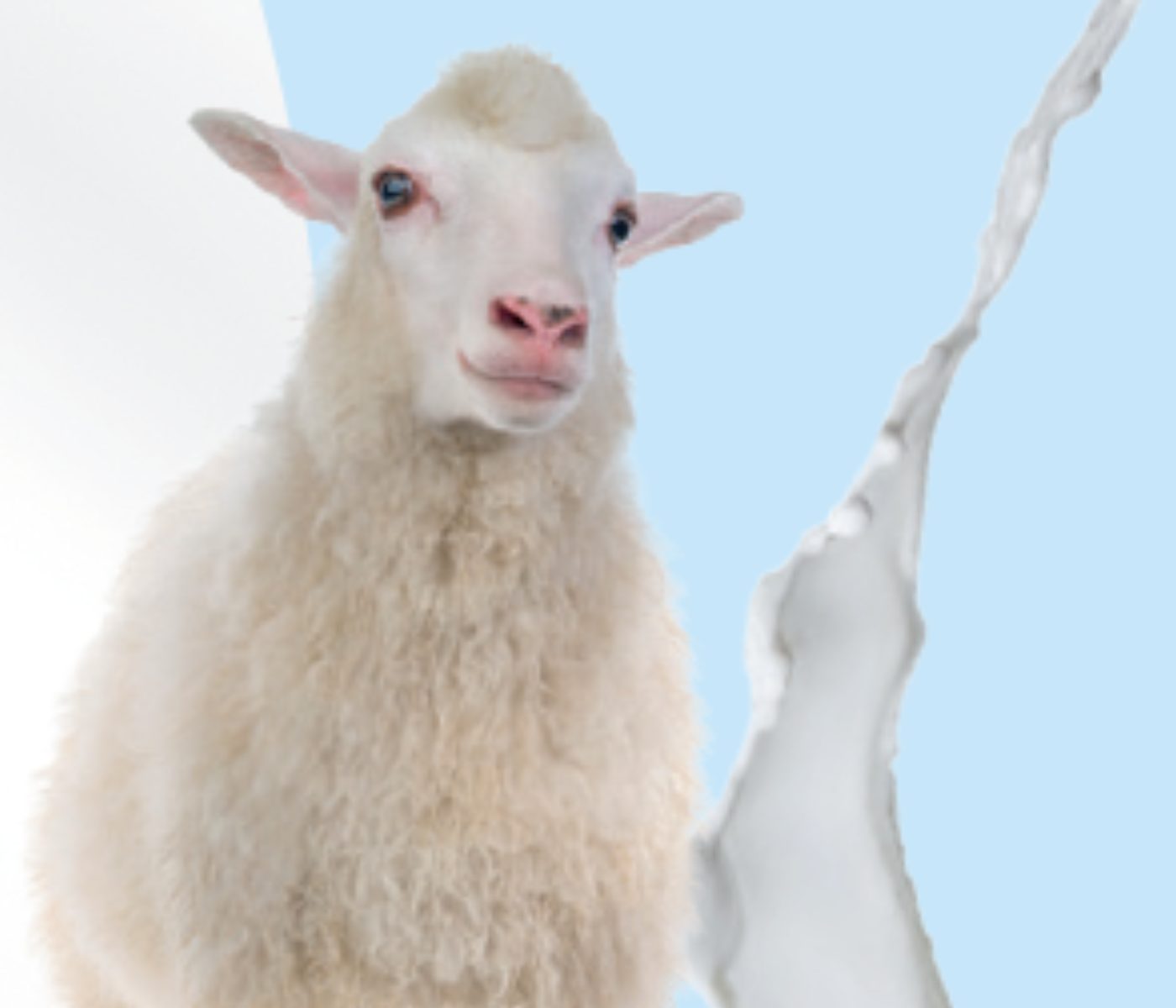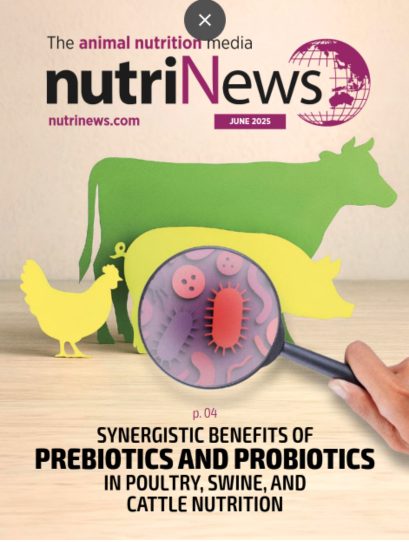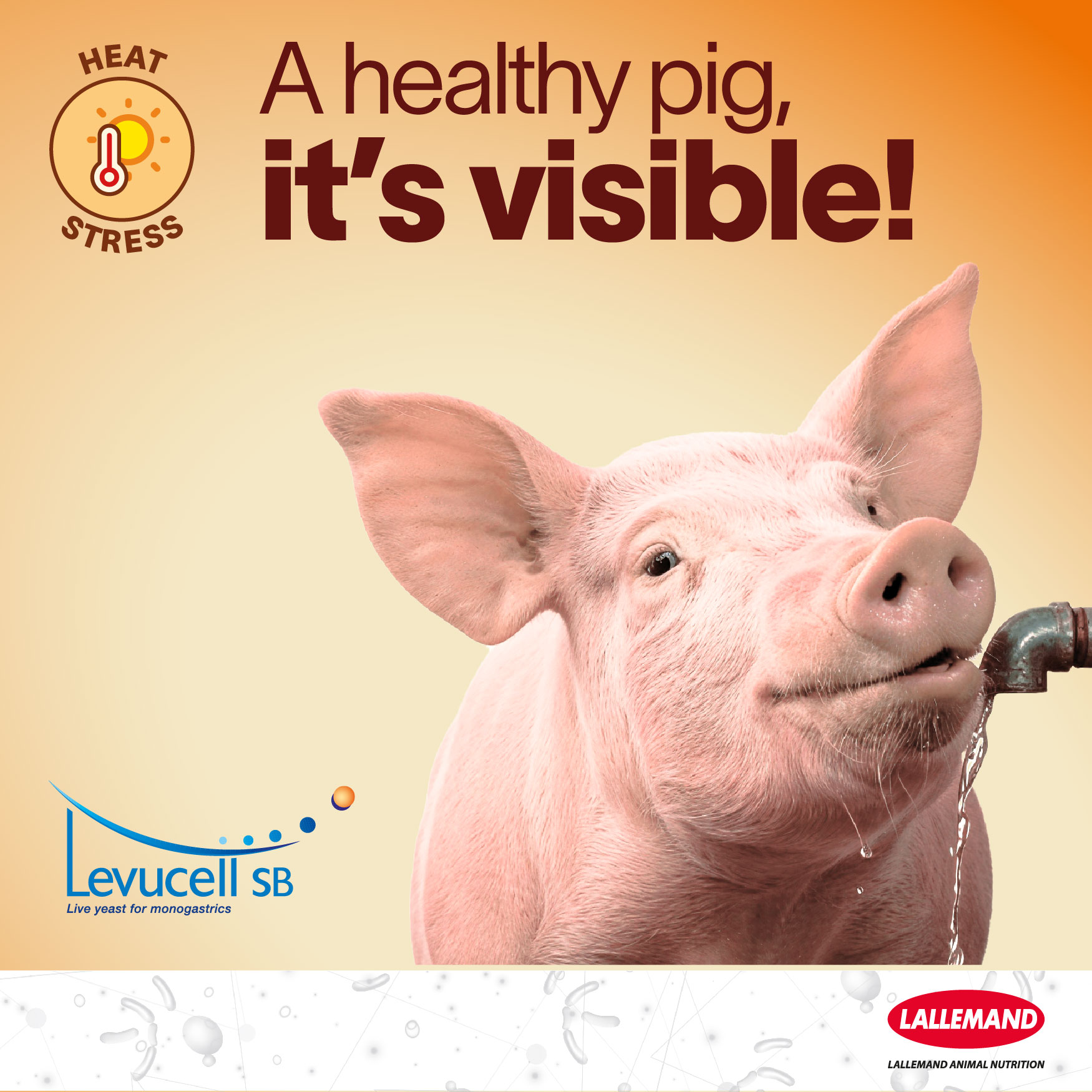Nutrition, urea and SCC in sheep’s milk: interesting relationships
Animal nutrition greatly influences milk composition, which can be controlled to improve its milk characteristics for human nutrition. However, it is also true that milk composition is an excellent indicator of the animal’s nutritional status. Some changes in macro-components can also be related to the animal’s immune response.
Some insights into the relationships between nutrition and somatic cells in milk were recently presented in a paper in the journal “Small Ruminant Research” by the Animal Science Section of the University of Sassari, Italy. 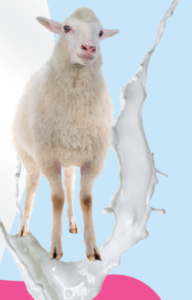
- The true protein of milk, the synthesis of which is under high genetic control, is much less influenced by animal nutrition than milk fat.
- In contrast, the non-protein nitrogen fraction of milk is primarily influenced by nutritional factors.
The solubility and degradability of dietary protein and energy availability in the rumen can particularly influence milk urea.
Milk urea concentration is known to be a good indicator of protein excesses and deficiencies in the ration but also of energy metabolism, whereby low urea levels are associated with fermentable carbohydrate deficiency in the rumen (Giovanetti et al., 2019).
Urea concentration in milk is also associated with adverse effects on health, reproductive performance, and immune response in dairy ewes. It is particularly interesting to note that urea concentration in milk is inversely associated with somatic cell count (SCC) in ewes and cows.
Surprisingly, when urea concentrations of Sarda sheep milk analyzed by the Farmers Regional Laboratory in Sardinia (today LAORE LAB; more than 150,000 milk samples in 2017) were correlated with milk composition parameters, a robust negative relationship between urea and CCS was observed.
Furthermore, data on milk production and composition of 72 ewes fed dry unifeed (with a constant protein content of 16.5 percent on SS fed from parturition to 165 days of lactation; Atzori et al., 2019) were specifically analyzed.
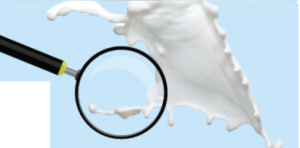
Urea was negatively associated with SCC (r = -0.57; P < 0.001), and this was independent of milk production. In ewes that produced more than 1.0 L/day of milk, urea values above 43 mg/dL were associated with values below 500,000 SCC/mL.
Indeed, milk production only partially explains the effect of the lactation stage on milk SCC content, and this result agrees with previous evidence reported in dairy cows (Godden et al., 2001; Hojman et al., 2004; Aguilar et al., 2012).
It is emphasized that these reports refer to physiological processes that need to be clearly explained and generate confusion in using urea and CCS as nutritional indicators.
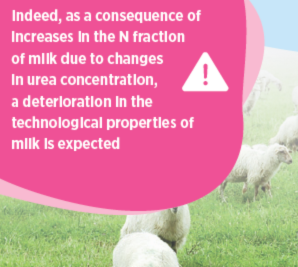
- However, analysis of 1,500 determinations in individual milk from Sarda sheep showed that with an increase in urea, there was a paradoxical improvement in milk coagulation parameters, probably due to the negative relationship between urea and SCC.
- However, laboratory cheese yield in bulk milk, measured as detailed by Manca et al. (2016), decreased as urea increased.
Other errors in sheep nutrition, by unbalanced formulations in composition or inappropriate feeding behavior, may predispose the mammary gland to inflammation and thus a higher likelihood of mastitis occurrence, thus increasing SCC.
Frequent dietary errors that could influence milk SCC include energy deficiencies (Ingvartsen and Moyes, 2013), imbalance in the energy/protein ratio (Kehrli et al., 2006), protein deficiencies and excesses of NPN in the diet (Kehrli et al., 2006), and dysmetabolic such as sub-acidosis or sub-acute ketosis (Leslie et al., 2000). Again, an increase in plasma beta-hydroxybutyrate (BHB) concentration, a marker of subclinical ketosis, has been found to correlate with an increased incidence of mastitis and a reduction in bactericidal activity of polymorphonuclear neutrophils (PMNs) against mammary pathogens (Grinberg et al., 2008).
Numerous experimental trials are accumulating on the positive effects of polyphenols on milk SCC. On legume-rich pastures (76% Medicago polymorpha L.), administration of chestnut tannin extract led to a significant reduction in SCC of Sardinian ewes compared with the control group (Pulina et al., 2010).

Specific nutritional deficiencies of mineral micronutrients, such as Se, Zn, Mn, Fe, vitamin A, beta-carotene, and vitamin C, could be linked to mammary gland health and milk SCC. Several micronutrients are components of antioxidant enzymes that play an essential role in protecting cell membranes and the cell integrity of the immune system. Therefore, in case of infection, enzyme deficiency worsens the bactericidal activity of PMN leukocytes and consequently reduces the defense against intramammary infection (Sordillo et al., 1997).
Adequate mineral and vitamin supplementation positively affects milk SCC, as observed in sheep. This study summarizes several experiments in which vitamin A administration reduced milk somatic cells. Ex: i) 5 mg vitamin A/kg body weight and 0.1 mg Se/kg body weight three days before parturition -53% SCC and reduction of leukocyte PMN -43%, Morgante et al., 1995. ii) synergistic effect of vitamin E 400 IU/head×day + Se 0.3 mg/head×day, from two weeks before parturition until 60 DIM, reduced SCC compared to vitamin E supplementation alone; Pauselli et al., 2001.
These reports are critical, especially considering that there are several Se-deficient areas in Italy, as confirmed by the high incidence of white muscle disease in lambs (Sfacteria et al., 2009). Supplementation with Se is beneficial when ewes are fed mainly hay or silage, which can suffer substantial losses of beta-carotene and vitamin E during storage.
In conclusion, this highlights that appropriate nutritional management can improve sheep milk composition. To some extent, some milk compounds can be used to monitor animals’ nutritional balance and health status.

You may also like to read: “Reducing Methane Emission in Ewes with a Dietary Blend of EOs & Polyphenols.”
Source: This note is a summary of the following scientific article published in Small Ruminant Research where all the cited literature is given: Anna Nudda, Alberto Stanislao Atzori, Fabio Correddu, Gianni Battacone, Mondina Francesca Lunesu, Antonello Cannas, Giuseppe Pulina, 2020. Effects of nutrition on main components of sheep milk, Small Ruminant Research, 184: 106015, G.C. Fthenakis – Editor, special issue in Small Ruminant Research in the theme of ‘Mammary health – Production of quality and safe milk from sheep.’ https://www.sciencedirect.com/science/article/abs/pii/S0921448819302202
For more information you may contact the author at: [email protected]

